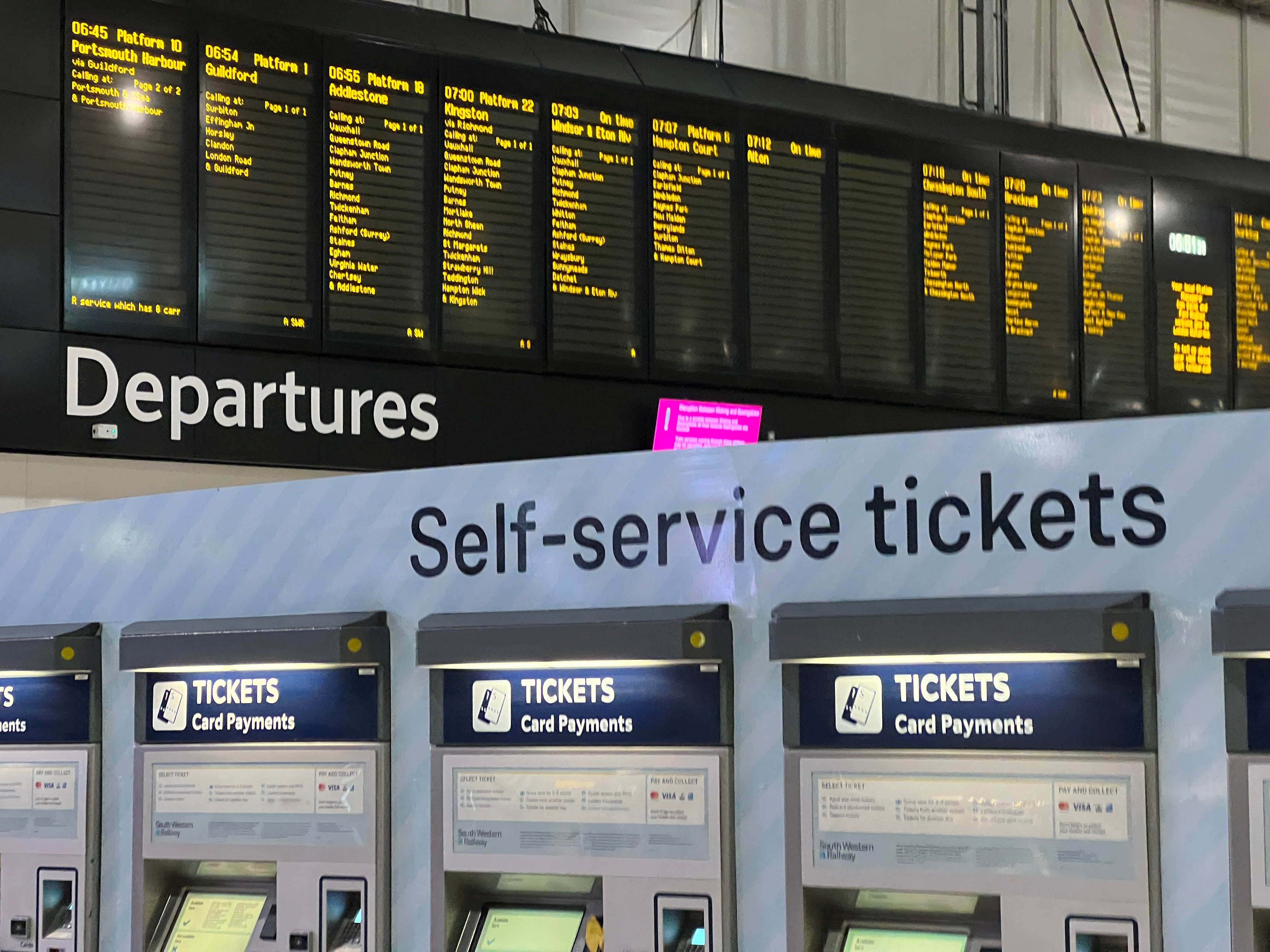Why are UK train fares so irrational? The Man In Seat 61 explains
Many return tickets cost just £1 more than singles – the result of an experiment conducted by British Rail decades ago

A standard off-peak one-way train ticket from London to Durham costs £154. A return is just £1 more – an increase of just 0.65 per cent for doubling the length of the trip. It is perhaps the most obvious of many anomalies “baked in” to the UK rail fares system.
The transport secretary, Mark Harper, will reportedly unveil plans this week to replace return fares with “single-leg pricing”, in which the price of two single tickets will be equal to a return. Single fares will fall by almost half in many cases.
But how did we get to the point where a return ticket is only £1 more than a single on a wide range of intercity journeys? Mark Smith, the former British Rail executive and founder of website The Man in Seat 61, has revealed all.
In a thread on Twitter, Mr Smith says the peculiarity has its roots in the first faltering steps towards opening up rail by cutting fares in the 1970s.
“Once upon a time in a galaxy far, far away,” he writes, “only a hefty standard one-way fare and a hefty standard return fare existed.
“So British Rail in their wisdom decided to introduce a cheaper return fare only valid outside peak periods to stimulate optional days out & weekends away. They called it the Saver Return.”
The code for such a ticket was SVR. It had the desired effect of stimulating traffic. But the ticket was often cheaper than the second-class open one-way fare.
“So in the off-peak any decent booking clerk would also sell Saver Returns to passengers only going one-way,” says Mr Smith.
“Which was fine, except the booking clerk would then spend the next half hour explaining to a bemused customer why they’d been sold a return when they’d only asked for a single.
“BR solved this by introducing a Saver Single [SVS], for £1 less than the Saver Return.”
Why not simply half the Saver Return, which is what is happening now? It appears that British Rail bosses did not want to discount one-way prices substantially – because they were often used by people on business – such as delivering cars.
Then, in the mid-1990s, the railways were privatised. The Saver Return became the “regulated fare” – with increases limited by the government – for longer-distance routes.
The Man In Seat 61 continues: “Operators were unable to increase the SVR, and felt that simply lowering the SVS (rather than adjusting both) would lose them money. Thus the SVS being only £1 less than the SVR was perpetuated.
“The original commercial logic has faded into the background. Today, the imperative is for fares that can be displayed simply and understandably on self-service channels such as websites, ticket machines and contactless systems. Which basically means an all-one-way fare structure.
“The trial on the London-Edinburgh route where the SVS was halved has apparently not only not lost money, it’s even proved slightly generative [increasing traffic and revenue] as well as enabling much easier retailing.
“So they’re now going for it. And yes, THIS IS A GOOD THING,” he concluded his Twitter thread.
Mr Harper, the transport secretary, is also expected to commit to creating Great British Railways (GBR), a new public body which will take responsibility for ticketing and timetabling from the Department of Transport and place the operation of tracks and trains in the same hands for the first time since the days of British Rail.
Join our commenting forum
Join thought-provoking conversations, follow other Independent readers and see their replies
Comments